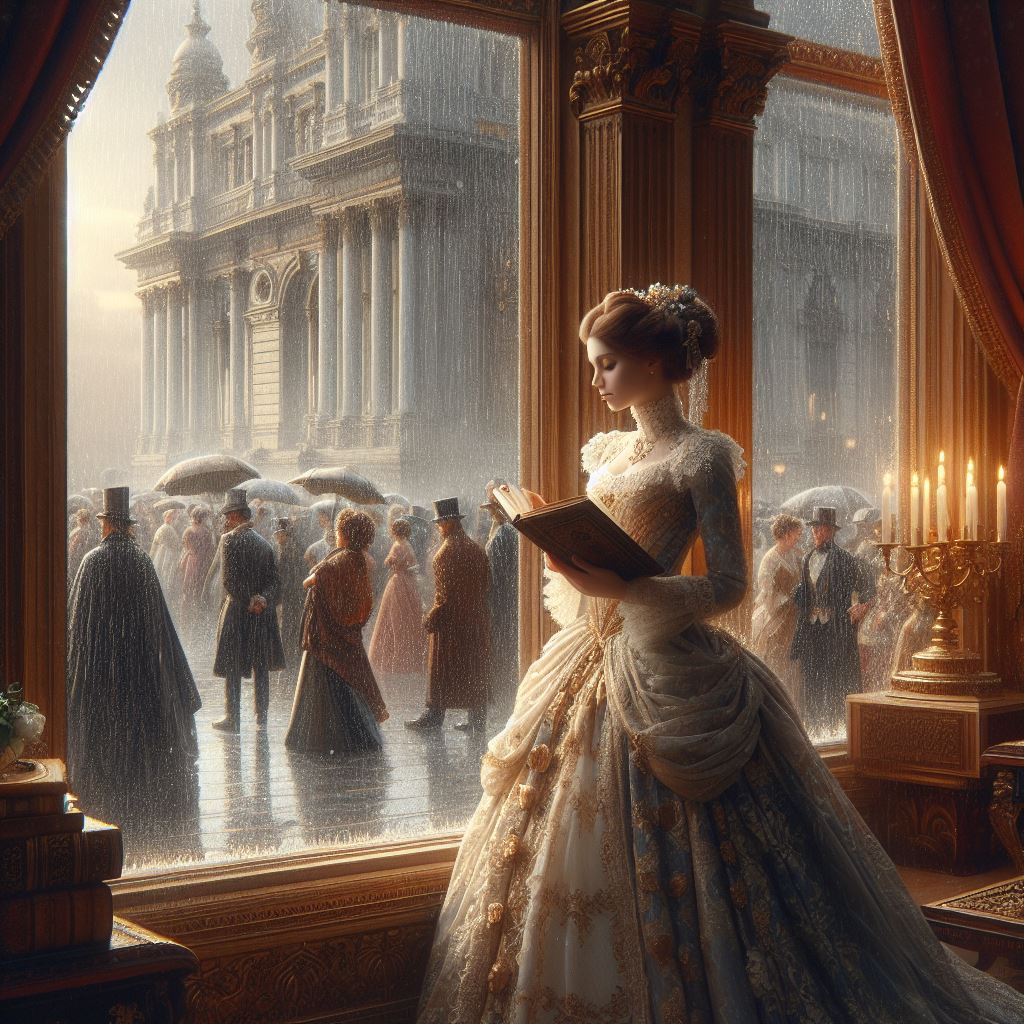
Epic books stand as towering testaments to human creativity. More than just myths and legends, these sprawling narratives have shaped cultures, ignited imaginations, and influenced the course of history. Let’s journey through some of the world’s most famous epics, exploring the characteristics that define them and the enduring legacy they leave behind.
Length and Scope: Voyages Through Time and Space
Epics are not short stories. They are vast journeys unfolding hundreds, sometimes even thousands, of pages. This allows authors to weave intricate plots, develop a rich cast of characters, and explore diverse settings.
The Epic of Gilgamesh (Mesopotamia, c. 2100 BC): One of the oldest surviving epics, it tells the tale of a legendary king’s quest for immortality.
The Iliad and The Odyssey (Ancient Greece, attributed to Homer, 8th-7th century BC): Beyond War and Wanderings: Unveiling the Unique Details of The Iliad & The Odyssey
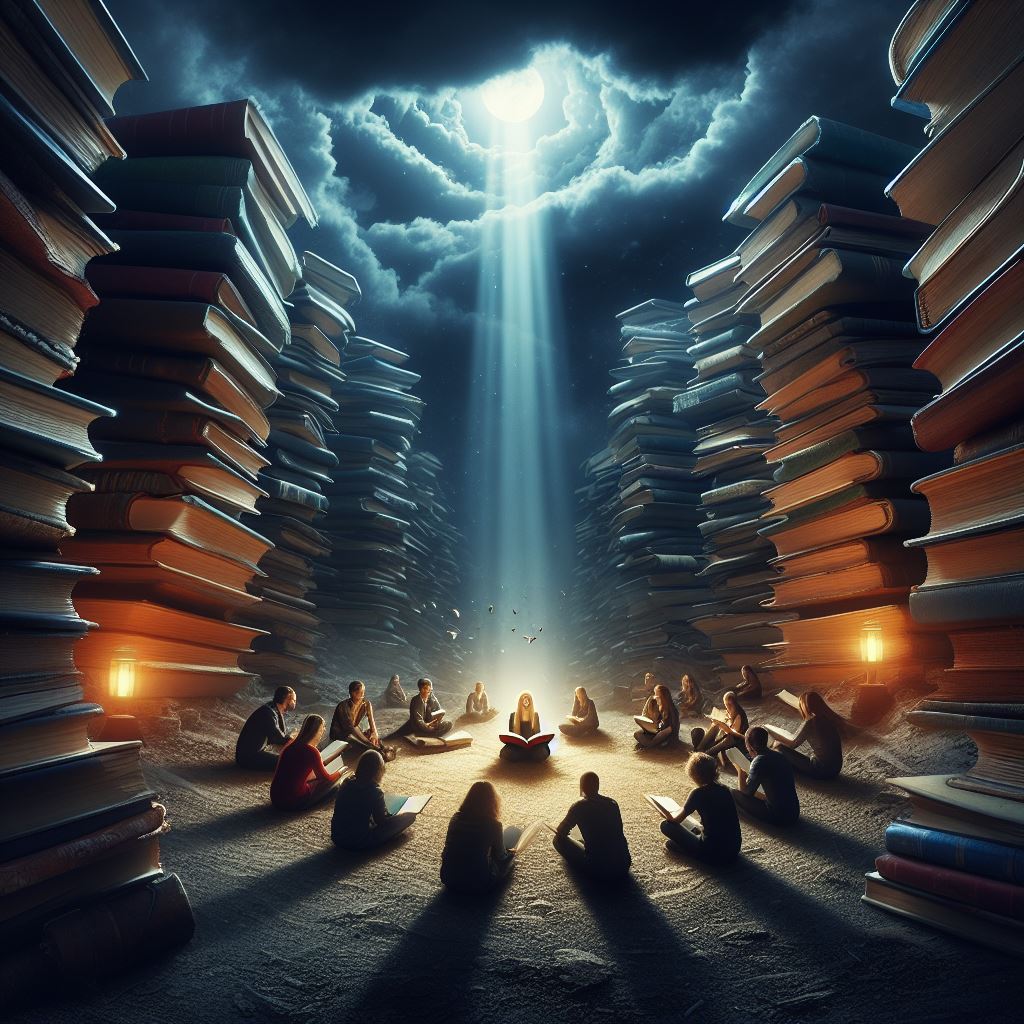
The Iliad and The Odyssey, attributed to the blind bard Homer, are the foundational pillars of Western literature. While both epic poems are set during the Trojan War, they offer contrasting perspectives and delve into fascinating details that go beyond the typical war narrative and hero’s journey.
The Iliad: A Brutal Tableau of War’s Cost
Focus on Rage: Unlike many war epics that glorify battles, the Iliad focuses on the devastating consequences of war, particularly the wrath of Achilles, a mighty Greek warrior.
Gods and Mortals Intertwined: The poem doesn’t shy away from portraying the gods as meddling and flawed figures who influence the course of the war for their purposes.
Emphasis on Mortality: Despite the presence of heroes, the Iliad emphasizes the fragility of human life. Even the mightiest warriors like Achilles meet their demise.
Cataloges of Ships and Warriors: The poem features detailed lists of Greek and Trojan forces, providing a glimpse into the vast scale of the conflict and the diverse cultures involved.
The Odyssey: A Journey of Cunning and Resilience
A Story of “Nostos” (Homecoming): Unlike the Iliad’s focus on war, the Odyssey is a celebration of “nostos,” the Greek word for homecoming. Odysseus’s ten-year journey back to Ithaca is filled with fantastical creatures, cunning escapes, and the ever-present longing for home.
The Power of Storytelling: Odysseus, a skilled storyteller, uses his wit and eloquence to charm his way out of dangerous situations. His cunning narratives highlight the power of language and persuasion.
The Importance of Hospitality (Xenia): The concept of xenia, or the duty to provide guests with food, shelter, and protection, is a recurring theme. Odysseus relies on the hospitality of others throughout his journey.
The Role of Women: The Odyssey portrays several strong female characters, including Penelope, Odysseus’s loyal wife, and Circe, a powerful sorceress. These women play pivotal roles in the story.
Unique Aspects of the Homeric Epics
Oral Tradition: The poems were likely passed down through oral tradition for centuries before being written down. This origin is reflected in the use of recurring epithets (descriptive phrases) and formulaic language.
The Homeric Question: The authorship of the poems remains a subject of debate. Some scholars believe they were composed by a single author, while others posit they are the work of multiple bards over time.
Influence on Western Literature: The Iliad and The Odyssey have profoundly influenced Western literature, providing archetypes, plot structures, and themes that continue to inspire writers today.
These are just a few of the unique details that make The Iliad and The Odyssey such enduring classics. By delving deeper into these poems, we gain a richer understanding of ancient Greek culture, the human condition, and the power of storytelling.
The Mahabharata (India, composed by multiple authors between 4th century BCE and 4th century CE): The longest epic poem ever written, it explores themes of duty, family, and the nature of good and evil.
Grand Themes: Exploring the Human Condition
Epics grapple with universal ideas that transcend time and place. They explore love and loss, war and peace, the search for meaning, and the struggles of humanity.

The Divine Comedy (Italy, Dante Alighieri, 1308-1321): This allegorical poem takes readers through Hell, Purgatory, and Paradise, exploring themes of sin, redemption, and divine love.
Beowulf (Anglo-Saxon England, unknown author, c. 10th century): Beowulf Unveiling the Hidden Depths of an Anglo-Saxon Epic
Beowulf, the sole surviving epic poem in Old English, stands as a monument to Anglo-Saxon culture and literature. This captivating tale of a Geatish warrior battling monstrous creatures goes beyond mere entertainment. Here are some unique and informative literary details to enhance your understanding of Beowulf:
A Blend of Pagan and Christian Values: Composed centuries after the arrival of Christianity in England, Beowulf reflects a fascinating blend of pagan and Christian beliefs. The poem features pagan heroes battling monstrous creatures, yet also references a Christian God and concepts like fate and damnation.
The Kenning Tradition: Beowulf is steeped in the Anglo-Saxon poetic tradition of kennings, elaborate metaphors used to describe people, places, and objects. For example, Grendel is referred to as “joy-lacking one” or “shepherd of evil,” highlighting his monstrous nature.
Comitatus: A Code of Honor: The poem emphasizes the importance of comitatus, a system of loyalty and mutual obligation between a warrior and his leader. Beowulf’s actions showcase his unwavering loyalty to King Hrothgar and his willingness to fight for the sake of his reputation and the Geatish people.
The Wanderer’s Lament: Embedded within the narrative is “The Wanderer’s Lament,” a poignant reflection on exile, loss, and the longing for home. This interlude adds depth and complexity to the poem, exploring themes that resonate universally.
Monsters as Metaphors: While the poem features fantastical creatures like Grendel and his mother, they can also be interpreted as metaphors for societal anxieties. Grendel, with his insatiable hunger, might represent chaos or destruction, while his mother could symbolize the dangers of the natural world.
The Importance of Oral Performance: Beowulf was likely intended for oral performance in mead halls. The poem’s use of alliteration, a technique where stressed words begin with the same sound, would have aided storytellers in memorization and audience engagement.
An Enduring Legacy: Beowulf continues to fascinate scholars and readers today. It offers a glimpse into a bygone era, explores timeless themes of good versus evil, and serves as a testament to the power of storytelling.
By delving into these hidden depths, Beowulf becomes more than just an action-packed epic. It becomes a window into Anglo-Saxon culture, a reflection of human anxieties, and a testament to the enduring power of literature.
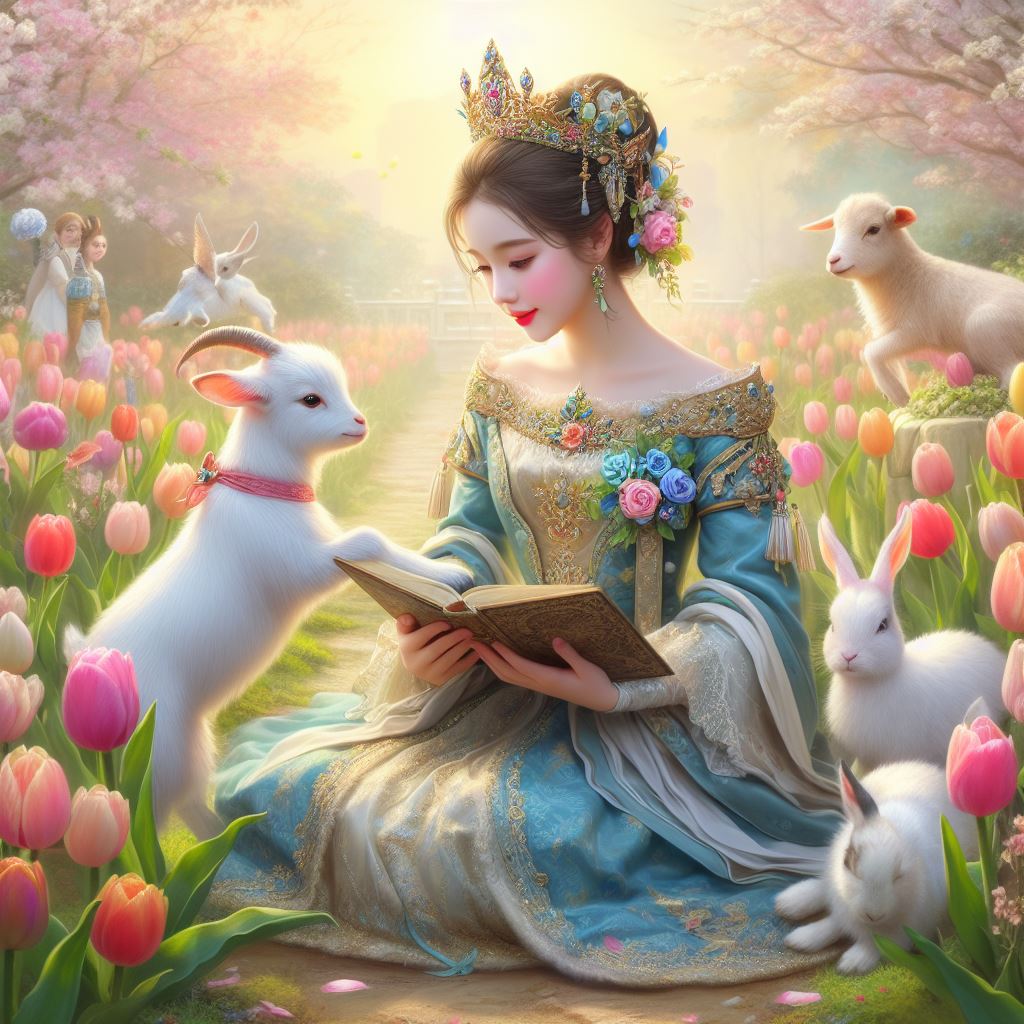
The Tale of Genji (Japan, Murasaki Shikibu, c. 1000-1021): A masterpiece of Japanese literature, it follows the life and loves of a nobleman, offering a glimpse into Heian period courtly life and exploring themes of love, jealousy, and social status.
Heroic Deeds: Champions Who Rise Above the Ordinary
Epic heroes are not average people. They possess extraordinary strength, courage, and intelligence, undertaking seemingly impossible tasks.
The Aeneid (Rome, Virgil, 29-19 BC): This Roman epic tells the story of Aeneas, a Trojan warrior who flees the fall of Troy and journeys to Italy to find Rome.
The Song of Roland (France, unknown author, 11th century): This epic poem recounts the exploits of Charlemagne’s knight, Roland, and his doomed last stand against the Saracens.
The Nibelungenlied (Germany, unknown author, c. 1200): This epic poem tells the story of Siegfried, a dragon-slayer who becomes entangled in a web of love, betrayal, and revenge.
Legendary Status: Blurring the Lines Between Myth and Reality
Many epics are rooted in myth and legend, blurring the lines between history and fiction. They serve to explain a culture’s origins, celebrate its heroes, and offer moral lessons.
The Popol Vuh (Maya civilization, compiled between 1550 and 1560): This creation myth recounts the Maya people’s origin story, their heroes and gods, and their cyclical view of time.
The Epic of Sundiata (Mali Empire, griots, c. 13th-16th centuries): This epic poem tells the story of Sundiata Keita, the founder of the Mali Empire, and his rise to power.
The Shahnameh (Persia, Ferdowsi, 10th century): This epic poem recounts the history of Persia from creation to the Islamic conquest, incorporating mythology, legend, and historical figures.
Stylistic Flourishes: Language that Elevates the Story
Epics are not written in everyday prose. They employ elevated language, rich imagery, and poetic devices to emphasize the importance of the story.
The Poetic Edda (Iceland, compiled 13th century): This collection of poems from Norse mythology features vivid imagery, kennings (metaphors), and alliteration to tell stories of gods, heroes, and monsters.
The Lusiads (Portugal, Luis Vaz de Camoes, 1572): This epic poem celebrates the voyages of Portuguese explorer Vasco da Gama, using elaborate metaphors and epic similes to depict his journey to India.
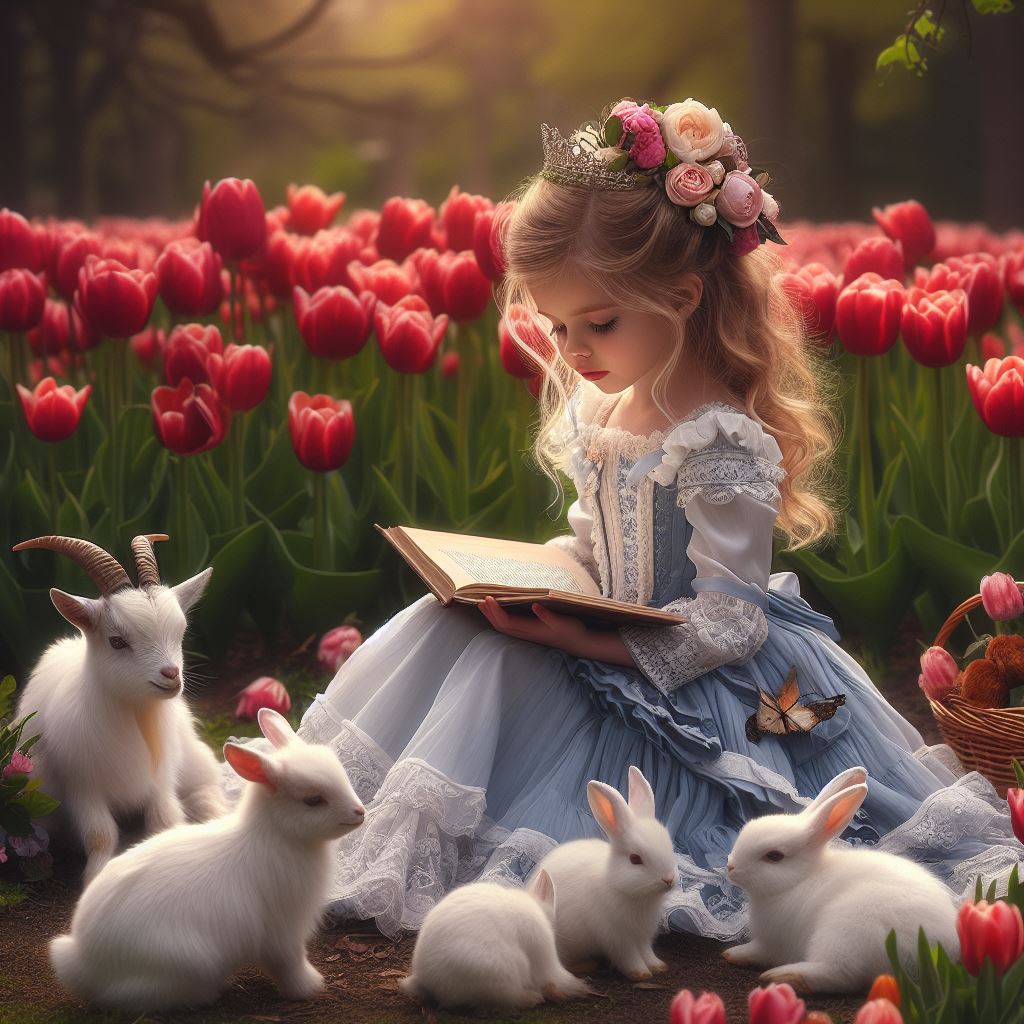
Paradise Lost: Beyond the Garden: Unveiling the Unique Depths of Milton’s Epic
John Milton’s Paradise Lost (1667) is not your typical epic poem. This masterpiece of English literature delves into the rebellion of Satan and his fall from grace, exploring profound themes that go far beyond the familiar story of Adam and Eve. Here are some unique and informative literary details to enrich your understanding:
Blank Verse: Unlike the rhyming couplets of traditional epics, Milton employs unrhymed iambic pentameter, known as blank verse. This allows for greater flexibility and variety in the poem’s rhythm and emphasizes the intellectual weight of the subject matter.
Satan as a Complex Anti-Hero: Milton’s portrayal of Satan is a significant departure from the typical one-dimensional villain. He presents Satan as a complex figure, filled with pride, ambition, and a twisted sense of justice. This complexity forces readers to grapple with the nature of good and evil.
The Internal Conflict of Choice: The poem delves deeply into the concept of free will and the consequences of choice. Both Satan and Adam and Eve face pivotal moments where their decisions have lasting repercussions. This exploration resonates with readers even today.
Allusions to Classical Mythology and the Bible: Milton weaves together references to classical mythology and the Bible, creating a rich tapestry of allusions that adds depth and complexity to the narrative. Understanding these allusions can unlock new layers of meaning within the poem.
The Power of Language: Milton was a master of language, employing rich imagery, complex metaphors, and powerful rhetoric to convey his ideas. His vivid descriptions bring both Paradise and Hell to life, immersing readers in the epic drama.
The Blind Poet: Interestingly, Milton became completely blind by the time he composed most of Paradise Lost. This physical limitation did not hinder his creativity. In fact, some scholars argue that it led him to focus more on the power of language and the internal world of his characters.
A Political Allegory: Some interpretations of Paradise Lost see it as a veiled commentary on the political events of Milton’s time, particularly the English Civil War and the overthrow of King Charles I. Understanding this context can offer new insights into the poem’s themes of rebellion and authority.
Enduring Legacy: Paradise Lost remains a cornerstone of English literature. Its exploration of universal themes, its masterful use of language, and its complex characters continue to challenge and inspire readers centuries after its publication.
By exploring these unique details, Paradise Lost becomes more than just a religious epic. It becomes a profound exploration of human nature, the power of language, and the enduring questions of good and evil.
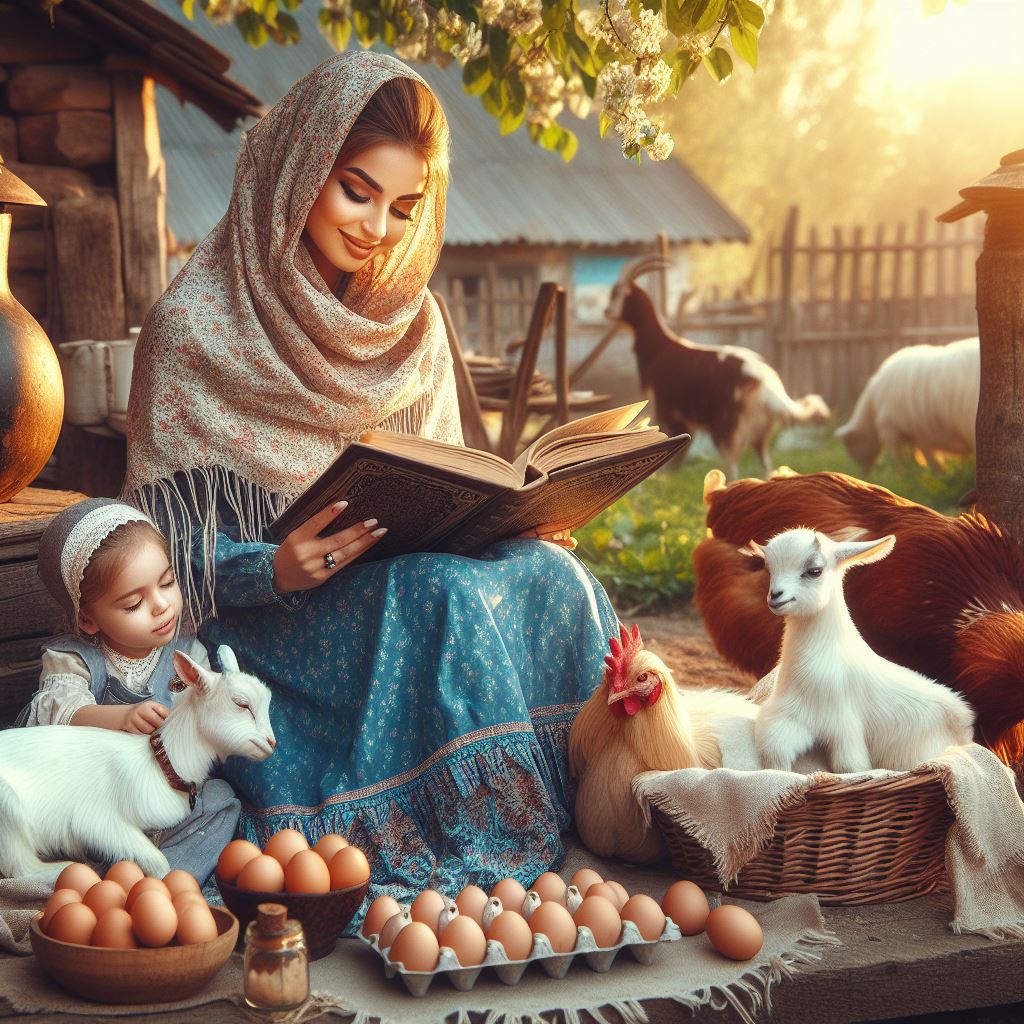
Origin in Poetry: The Roots of Epic Storytelling
While many modern epics are novels, their roots lie in the realm of poetry. Early epics were recited or sung, and passed down through oral traditions before being written down.
The Epic of Gilgamesh, mentioned earlier, is a prime example. It was originally composed in Sumerian cuneiform script on clay tablets.
The Iliad and The Odyssey were originally performed by bards who recited them from memory at public gatherings.
This poetic origin is reflected in the use of meter, rhyme, and other poetic devices found in many epics.
Evolution of the Genre: Epics Through the Ages
The epic genre is not static. It has evolved to reflect changing cultures and societies.
Modern epics may not always have clear-cut heroes and villains. They can explore more diverse themes and settings, incorporating elements of science fiction, fantasy, and magical realism.
Examples of modern epics include James Joyce’s Ulysses (1922), which retells Homer’s Odyssey in a Dublin setting, and Gabriel Garcia Marquez’s One Hundred Years of Solitude (1967), which chronicles the rise and fall of a fictional Colombian village.
Impact and Legacy: Enduring Echoes Through Time
Epic books leave a lasting impression on readers. They shape cultural understanding, inspire future generations of writers, and continue to resonate with readers centuries after they were written.
The themes explored in epics love, loss, war, and the search for meaning remain relevant across cultures and periods.
Epic characters become cultural icons, inspiring artistic creations and influencing societal values.
Epics continue to be adapted for film, television, and theater, ensuring their stories reach new audiences.
In conclusion, epic books are much more than just lengthy tales. They are windows into the past, mirrors reflecting the human condition, and testaments to the power of storytelling. So, the next time you encounter an epic, remember the rich history and enduring legacy it carries within its pages.

The degree to which I admire your work is as substantial as your own enthusiasm. Your visual presentation is refined, and the material you’ve written is stylish. However, you seem apprehensive about potentially delivering something that may be viewed as questionable. I’m confident you’ll be able to address this issue promptly.
I know this if off topic but I’m looking into starting
my own blog and was wondering what all is required to
get seet up? I’m assuming hwving a blog lime yours would cost a pretty
penny? I’m not very web smart so I’m noot 100% sure.
Any tips or advice would be greatoy appreciated.
Thanks https://ukrain-forum.biz.ua/
I know tnis if off topic but I’m looking into starting my own blog and was
wondering what all is required to get set up? I’m assuming having a blog like yours would cost a pretty penny?
I’mnot very web smart so I’m not 100% sure. Anny
tips or advice would be greatlky appreciated. Thanks https://ukrain-forum.biz.ua/
Hi, i feel thaat i noticed youu visited my site thus i came to go back the prefer?.I am attempting to to find things to imlrove my website!I suppose iits good enough to make use of some of your ideas!! https://ukrain-forum.biz.ua/
Hi, i feel that i noticed you visited my sijte thus i
cae to go back the prefer?.I am attempting to to
find things to improve my website!I suppose itss good enough to make
use of some of your ideas!! https://ukrain-forum.biz.ua/
Wow, awesome blog structure! How lengthy have you been running a
blog for? you maake blogging lopok easy. The overall glance of yolur web
site is magnificent, let alone the content! https://ukrain-forum.biz.ua/
Wow, awesome blog structure! How lengthyy have you been runniing a blog for?
you make blogging look easy. The overall glance of yokur web site is magnificent, let alone
the content! https://ukrain-forum.biz.ua/
You’re so awesome! I do not think I’ve truly read anything like this
before. So nice to fin someone with some original thoughts on this topic.
Really.. thank yyou for staring tyis up. This site is one thing that’s needed on the web, someone with
a bit of originality! https://ukrain-Forum.biz.ua/
You’re sso awesome! I do not think I’ve ttruly read anythiong like this before.
So nice to find someone with some original thoughts on this
topic. Really.. thank you for starting this up.
This site is one thing that’s needed on the web,
someone with a bit off originality! https://ukrain-Forum.biz.ua/
of course like your website but you have to check the spelling on several of your posts A number of them are rife with spelling issues and I in finding it very troublesome to inform the reality on the other hand I will certainly come back again
Hi Neat post There is a problem along with your website in internet explorer would test this IE still is the market chief and a good section of other folks will pass over your magnificent writing due to this problem
I do not even know how I ended up here but I thought this post was great I dont know who you are but definitely youre going to a famous blogger if you arent already Cheers
Your writing has a way of resonating with me on a deep level. It’s clear that you put a lot of thought and effort into each piece, and it certainly doesn’t go unnoticed.
This is really interesting, You’re a very skilled blogger. I’ve joined your feed and look forward to seeking more of your magnificent post. Also, I’ve shared your site in my social networks!
“I agree with your points, very insightful!”
“This post has helped me solve my issue, thanks a ton!”
شركة Bwer هي أحد الموردين الرئيسيين لموازين الشاحنات ذات الجسور في العراق، حيث تقدم مجموعة كاملة من الحلول لقياس حمولة المركبات بدقة. وتغطي خدماتها كل جانب من جوانب موازين الشاحنات، من تركيب وصيانة موازين الشاحنات إلى المعايرة والإصلاح. تقدم شركة Bwer موازين شاحنات تجارية وموازين شاحنات صناعية وأنظمة موازين جسور محورية، مصممة لتلبية متطلبات التطبيقات الثقيلة. تتضمن موازين الشاحنات الإلكترونية وموازين الشاحنات الرقمية من شركة Bwer تقنية متقدمة، مما يضمن قياسات دقيقة وموثوقة. تم تصميم موازين الشاحنات الثقيلة الخاصة بهم للبيئات الوعرة، مما يجعلها مناسبة للصناعات مثل الخدمات اللوجستية والزراعة والبناء. سواء كنت تبحث عن موازين شاحنات للبيع أو الإيجار أو التأجير، توفر شركة Bwer خيارات مرنة لتناسب احتياجاتك، بما في ذلك أجزاء موازين الشاحنات والملحقات والبرامج لتحسين الأداء. بصفتها شركة مصنعة موثوقة لموازين الشاحنات، تقدم شركة Bwer خدمات معايرة موازين الشاحنات المعتمدة، مما يضمن الامتثال لمعايير الصناعة. تشمل خدماتها فحص موازين الشاحنات والشهادات وخدمات الإصلاح، مما يدعم موثوقية أنظمة موازين الشاحنات الخاصة بك على المدى الطويل. بفضل فريق من الخبراء، تضمن شركة Bwer تركيب وصيانة موازين الشاحنات بسلاسة، مما يحافظ على سير عملياتك بسلاسة. لمزيد من المعلومات حول أسعار موازين الشاحنات، وتكاليف التركيب، أو لمعرفة المزيد عن مجموعة موازين الشاحنات ذات الجسور وغيرها من المنتجات، تفضل بزيارة موقع شركة Bwer على الإنترنت على bwerpipes.com
Rely on BWER Company for superior weighbridge solutions in Iraq, offering advanced designs, unmatched precision, and tailored services for diverse industrial applications.
BWER Company stands as a trusted name in Iraq’s weighbridge industry, offering innovative designs, reliable installations, and comprehensive support for all weighing requirements.
With a focus on precision and reliability, BWER offers state-of-the-art weighbridge systems to Iraq’s industries, meeting international standards and supporting operational efficiency.
I loved as much as you’ll receive carried out right here. The sketch is tasteful, your authored material stylish.
obviously like your website but you need to test the spelling on quite a few of your posts Several of them are rife with spelling problems and I to find it very troublesome to inform the reality on the other hand Ill certainly come back again
The Ultimate Iraq Business Directory Businessiraq.com stands out as the premier online resource for anyone seeking to engage with the Iraqi business community. With its comprehensive Iraq Business Directory, the platform boasts a wide array of listings across multiple industries, enabling users to discover potential partners, suppliers, and clients with ease. By implementing effective SEO strategies, such as keywords focused on Iraq business connections and business networking in Iraq, Businessiraq.com ensures that it ranks high in search engine results, making it the go-to hub for entrepreneurs and investors. This directory not only supports local businesses but also attracts international investors keen on exploring opportunities in Iraq.
Thanks for sharing excellent informations. Your website is so cool. I am impressed by the details that you’ve on this site. It reveals how nicely you understand this subject. Bookmarked this web page, will come back for more articles. You, my pal, ROCK! I found just the info I already searched all over the place and simply couldn’t come across. What a perfect web site.
The following time I read a blog, I hope that it doesnt disappoint me as much as this one. I imply, I know it was my option to read, however I truly thought youd have something fascinating to say. All I hear is a bunch of whining about one thing that you can repair when you werent too busy searching for attention.
Your blog is a breath of fresh air in the often stagnant world of online content. Your thoughtful analysis and insightful commentary never fail to leave a lasting impression. Thank you for sharing your wisdom with us.
Usually I do not read article on blogs however I would like to say that this writeup very compelled me to take a look at and do it Your writing style has been amazed me Thank you very nice article
Let me know what type of content you’d like to see more of in the future!